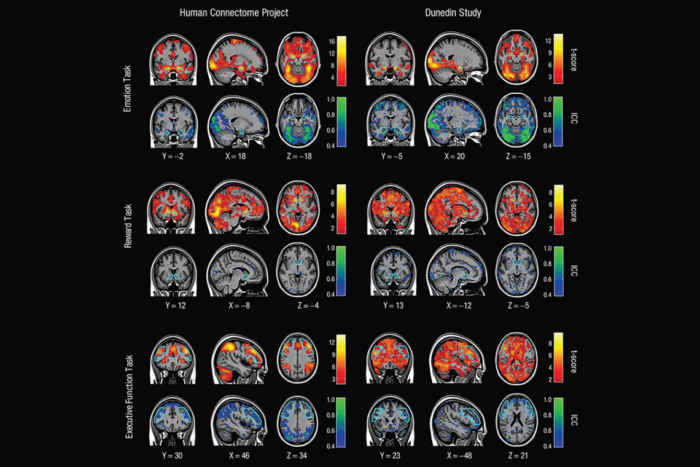Jun 09 2020
Perhaps More Than Ever – Truth Matters
 The following quote from a recent address to graduating student resonated with me:
The following quote from a recent address to graduating student resonated with me:
“What’s become clear is that social media can also be a tool to spread conflict, divisions, and falsehoods, to bully people and promote hate,” he said. “Too often, it shuts us off from each other instead of bringing us together, partly because it gives us the ability to select our own realities, independent of facts or science or logic or common sense. We start reading only news and opinions that reinforce our own biases. We start cancelling everything else out. We let opinion masquerade as fact, and we treat even the wildest conspiracy theories as worthy of consideration.”
The speaker advises students to, “Use all that critical thinking you’ve developed from your education to help promote the truth.” I agree, although honestly I think students need to learn much more critical thinking than is typically the case. These words could have been spoken by any skeptic or science communicator, and is a core message of the skeptical movement. We need scientific literacy, deep understanding of critical thinking and how to apply it every day, and media literacy. But these words were spoken recently by former president Barack Obama. Don’t leg your political opinion of him, if they are negative, color your perception of these words. Let them speak for themselves.
That is actually the point I want to make in this post. Humans are tribal by nature. We now know from years of psychological study that we tend to plant our flag with one group, one ideology, one narrative – and then defend it at all costs. The more we identify with a position, or see it as a marker of our group, and the more we do, the greater our motivated reasoning. For things we don’t care about, or do not identify with, we tend to revert to a fairly rational approach – listening to new evidence and incorporating into our view. So we have the capacity to be rational, when our identity does not get in the way.

 The safety and efficacy of hydroxychloroquine for the treatment of COVID-19 has quickly become an important medical question in managing this pandemic, although not by far the most important. There are many drugs under consideration, and some with promising early results. But hydroxychloroquine has garnered the majority of attention for purely political reasons.
The safety and efficacy of hydroxychloroquine for the treatment of COVID-19 has quickly become an important medical question in managing this pandemic, although not by far the most important. There are many drugs under consideration, and some with promising early results. But hydroxychloroquine has garnered the majority of attention for purely political reasons.  This is an important and sobering study, that I fear will not get a lot of press attention – especially in the context of current events. It is a bit wonky, but this is exactly the level of knowledge one needs in order to be able to have any chance of consuming and putting into context scientific research.
This is an important and sobering study, that I fear will not get a lot of press attention – especially in the context of current events. It is a bit wonky, but this is exactly the level of knowledge one needs in order to be able to have any chance of consuming and putting into context scientific research.
 In the last 20 years I have been called to jury duty several times. Every time I was dismissed almost instantly, once I made it known that I am a professional skeptic. Apparently lawyers fear that kind of skepticism on their juries (at least one side always did). The same is true of many of my skeptical colleagues, so I am not an isolated case. Once my brother said during the process that he wrote an article on the fallibility of human memory and eyewitness testimony. His but barely hit the seat when he was dismissed.
In the last 20 years I have been called to jury duty several times. Every time I was dismissed almost instantly, once I made it known that I am a professional skeptic. Apparently lawyers fear that kind of skepticism on their juries (at least one side always did). The same is true of many of my skeptical colleagues, so I am not an isolated case. Once my brother said during the process that he wrote an article on the fallibility of human memory and eyewitness testimony. His but barely hit the seat when he was dismissed.




